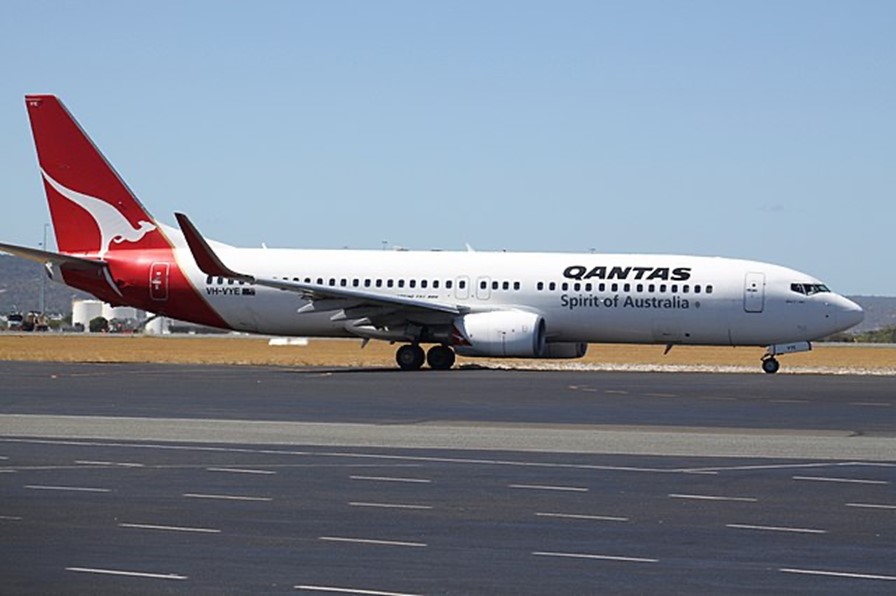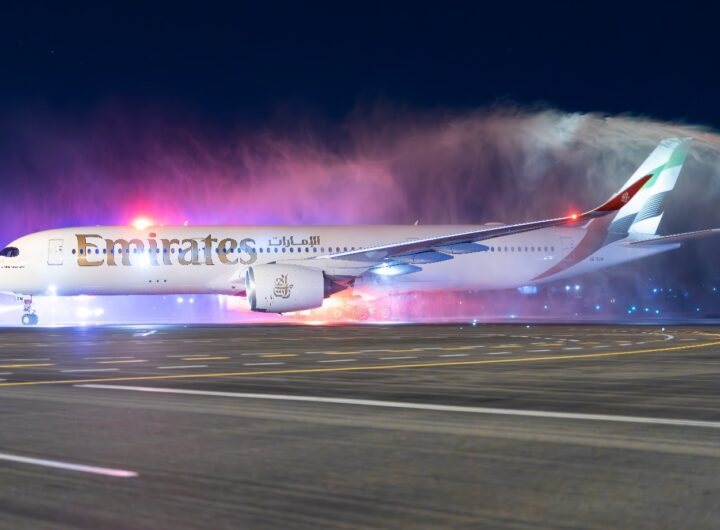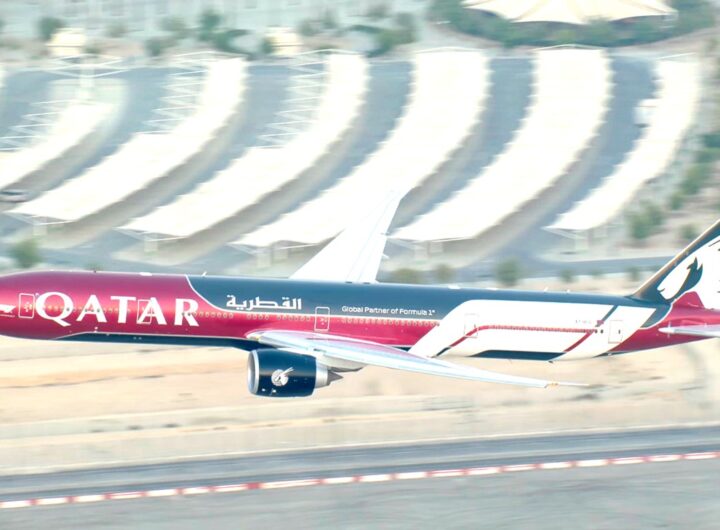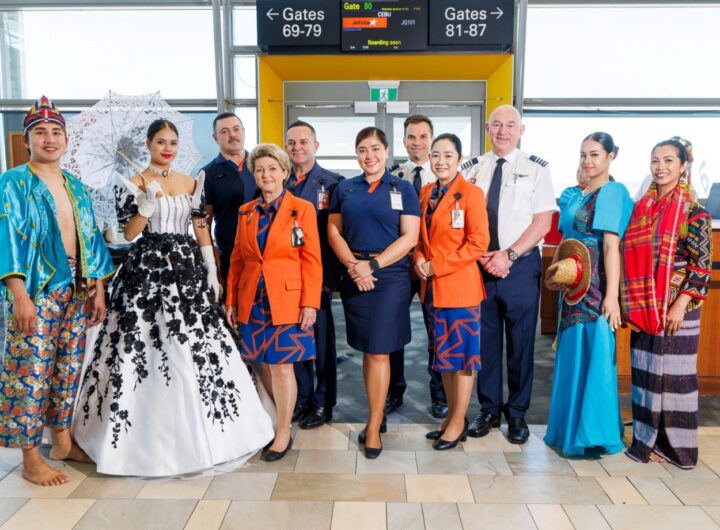
Qantas B737 – Photo: Wikicommons
Qantas, in an effort to lower airfares across the board, has decided to begin operating an additional 57 return services per week between the Golden Triangle of Sydney, Melbourne, and Brisbane as of yesterday.
This comes after the CEO of Sydney Airport said earlier this month that domestic aviation volumes are still 17% down from pre-pandemic levels and have been “stagnant” since April of last year. Geoff Culbert seemed to place the responsibility on airlines for raising prices and reducing the number of available seats.
Qantas’ capacity, or the number of available seats on its services, will climb by 11 percentage points, bringing them to 93% of their pre-COVID levels.
Jetstar, the sister company of Qantas, will increase its domestic and international flight capacity by 15 percentage points over the next six months. Qantas will add capacity on transcontinental flights to and from Perth using the airline’s larger Airbus A330 aircraft.
The domestic aviation industry reached its all-time high in June last year, with 97% of pre-pandemic passenger numbers. However, this was concurrent with record-breaking delays in both April and July. Since then, airlines have reduced flight frequency in an attempt to improve the travelling experience.
Nevertheless, recent data seems to indicate that capacity is not returning to the market as rapidly as predicted, which is contributing to higher airfares and fewer passengers.
The ACCC had already warned airlines that it “expects” pricing reductions this year when more personnel can be recruited, prompting Qantas to make its long-planned move finally.
According to the most recent data from the industry watchdog, domestic airfares have come down from 15-year record highs at the end of 2022 but are still significantly higher than they were before COVID.
Anna Brakey, the commissioner of the ACCC, claims that customers are still paying more for airfare than they would have before COVID-19.
“After the Christmas travel peak, airfare normally came right down due to a seasonal fall in demand,” she explained. Yet, airline capacity expansion accounts for at least some of the drop.
Because of the falling price of jet fuel, airfare reductions are expected to continue for the foreseeable future.
According to ACCC data, Qanta carried 34.8% of domestic passengers during the quarter, with Virgin following at 33.4%; Jetstar gained nearly four percentage points to reach 26.9%, while Rex came in last at 4.9%.
 Emirates A350 Debuts in Adelaide with New Premium Economy, Boosting Connectivity and Comfort to Dubai
Emirates A350 Debuts in Adelaide with New Premium Economy, Boosting Connectivity and Comfort to Dubai  Qantas Elevates A380 First Class with New Fine Dining, Aesop Amenity Kits and Bollinger Champagne
Qantas Elevates A380 First Class with New Fine Dining, Aesop Amenity Kits and Bollinger Champagne  Qatar Airways’ New Formula 1 Livery Takes Off: Swizz Beatz–Designed Boeing 777 Tours the World After Qatar Grand Prix Debut
Qatar Airways’ New Formula 1 Livery Takes Off: Swizz Beatz–Designed Boeing 777 Tours the World After Qatar Grand Prix Debut  Jetstar Launches First Direct Brisbane–Cebu Flights: New Gateway from Queensland to One of the Philippines’ Most Beautiful Islands
Jetstar Launches First Direct Brisbane–Cebu Flights: New Gateway from Queensland to One of the Philippines’ Most Beautiful Islands  Seabourn’s ‘Explore More Event’: Save Up to 15% Plus Shipboard Credit on Ultra-Luxury Cruises
Seabourn’s ‘Explore More Event’: Save Up to 15% Plus Shipboard Credit on Ultra-Luxury Cruises  Silversea Wave Season 2026: Save Up to 40% on Luxury Cruises to All Seven Continents
Silversea Wave Season 2026: Save Up to 40% on Luxury Cruises to All Seven Continents 